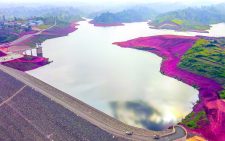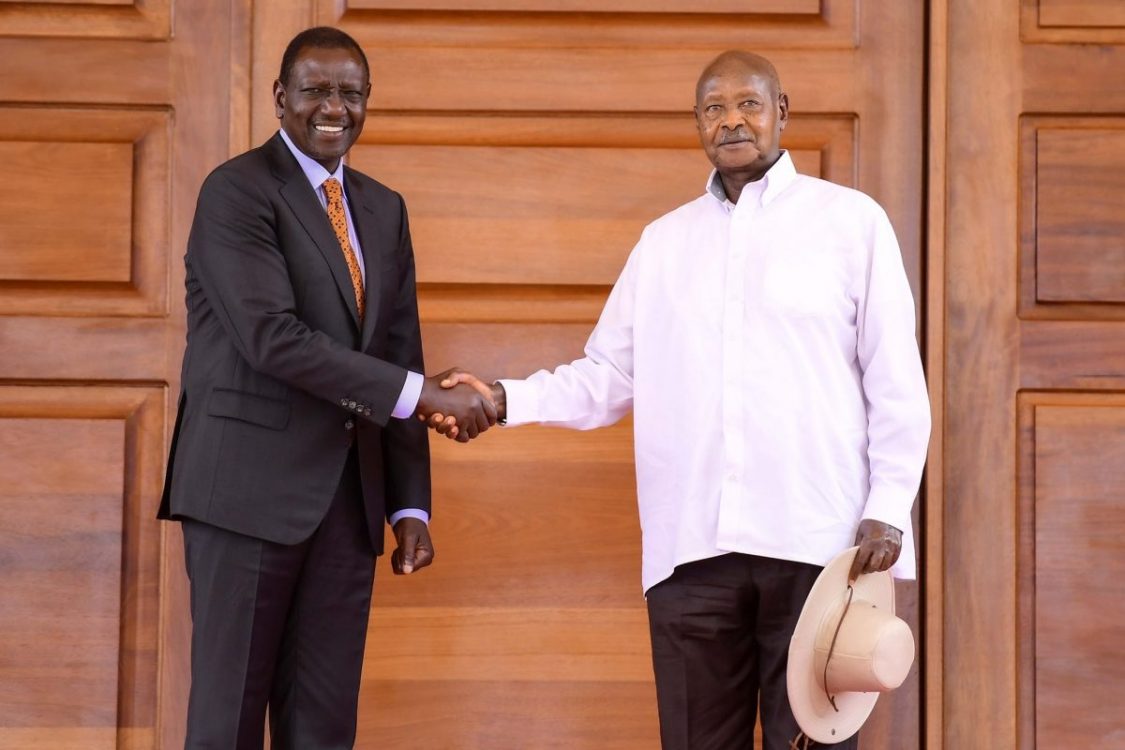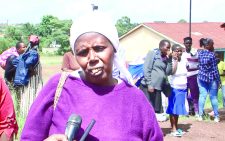Capturing dad’s life through the lens
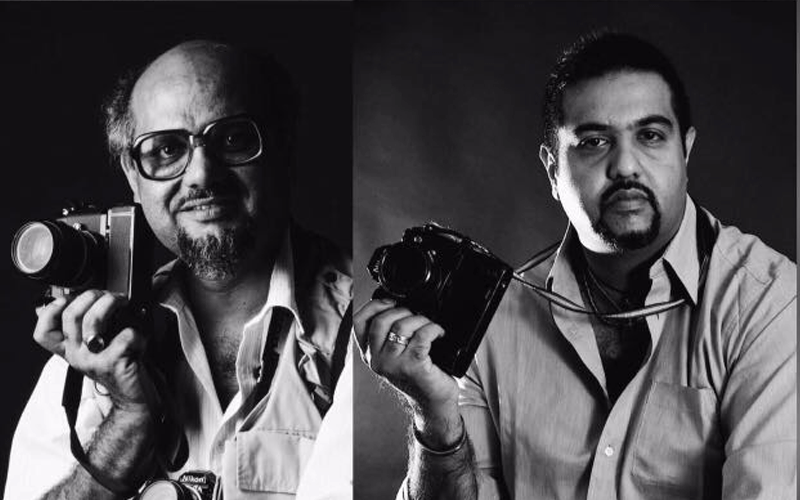
Harriet James @harriet86jim
On Saturday November 23, 1996, renowned photojournalist, Mohamed Amin and his fellow journalist and business colleague Brian Tetley, were on their way home from a business trip in Addis Ababa.
Little did they know that they would not reach their destination. The plane had been hijacked by three young men seeking political asylum, and due to their conflicting commands, the plane ran out of fuel and crashed off Comoros Island.
Mo, as he was popularly referred to was trying to negotiate with them to release the hostages. “At the time of the crash, I was at the gym while my mum and wife were at home.
One of my friend’s called my mum and asked her to check the news as there was a plane crush.
Dad was supposed to come back on that day, so we knew that he was on that plane,” narrates Salim Amin, Mo’s only son.
Together with his father’s business partner Duncan Willets, Salim rented a plane together with his father’s partner to Comoros Island to look for him. He was hopeful throughout the five and a half flight that he would be reunited with his father.
Little did he know that the last dinner that he had with him, just before he went on the business trip would be the last.
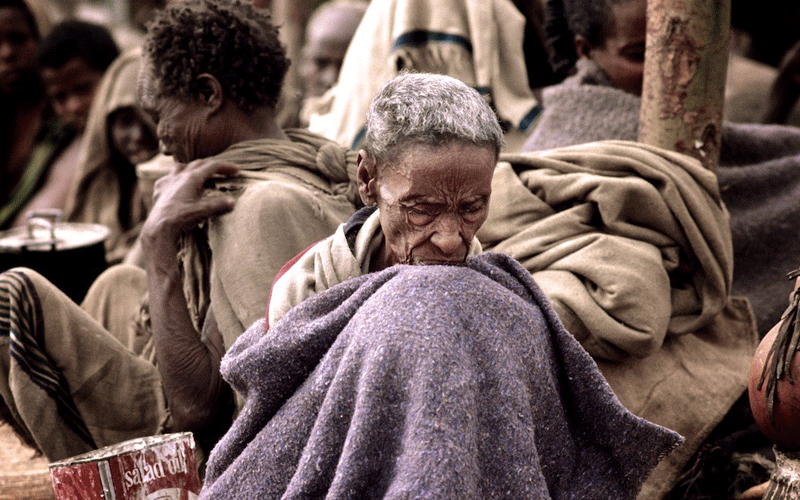
“When I identified his body at the Comoros, it hit me that he was not going to be around. And that was a very difficult time,” he says
In a career spanning four decades, Mo had covered almost every major news story in Africa. For him, getting a story was not just a goal, but an obsession.
From Idi Amin’s brutal regime, to Tom Mboya’s assassination, to the 1984 Ethiopian hunger that placed him on a pedestal of prominence, Mo won awards, and moved the world to do the one thing he loved.
Sadly, at just 53, he was among 153 people who perished in the accident, including the hijackers.
Salim was just 26 years old then and he inherited his father’s home and Camerapix, the company he built from scratch to become one of Africa’s largest media houses.
Making the documentary
“Though I worked with my father, he handled most of the details pertaining to the company. I sometimes see his ghosts haunting me asking me what I’ve done to his business so far. I wish I spent more time with him.
I wish I took a little more interest and maybe proved myself more to him, but no regrets,” he says.
Salim didn’t know his father well until he made the famous documentary on him, Mo and Me. As he narrates, it was a three-year journey of going back and learning about him.
“My whole office is like his shrine. We have a cross given by Pope John Paul II to him, Idi Amin’s epaulette, a wooden curving of an eagle that used to live in Idi Amin’s living room, a lot of his awards, and one of his prosthetic arms as he had two, with one acting as a spare. For me it’s a source of constant inspiration,” Says Salim
Born in 1970, Salim’s passion for photography began when he was just five years old. His photos of the safari rally were first published in the Times magazine.
His father never wanted him to become a photo journalist or a journalist and desired that he gots a real job.
But journalism was something that was in Salim’s heart and after high school, he went to Vancouver, Canada for his university and studied a degree in journalism and started working for his father in 1992.
“It was very rare that he was around. He would travel like nine months a year, but the time he was around we would have a great time.
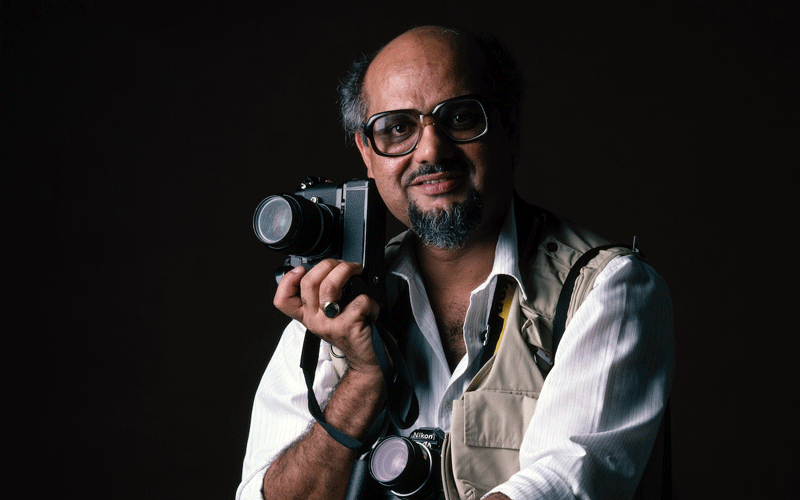
We had a great relationship. My best memories are of covering the rally and doing wildlife photography and filming with him during Easter,” says Salim.
But even during the holidays and with the little time that he spent with his family, the workaholic Mo would still be waking up at 2am or 3am in the morning to do his paper work.
This is where Mo and his son differed in personality. While they both wanted to get things done, Mo was extremely driven and his work was far important than anything else.
His son though, is motivated and though he loves his job, his family is the most important thing in his life.
Though the two had a great relationship, the father of two admits that his father was tough on him when it came to work.
This is because Mo didn’t want to be seen that he was favouring his son and Salim would find himself doing more work just to impress his father.
Consequently, this made Salim crave for his father’s attention and approval on many things as he was never around.
“I wanted him to tell me that I was doing a good job in a lot of things, but he was miserly with his praise for anybody and, especially me because he didn’t want me to have a big head.
I wish he had told me more about the business and looking after it, because I was very young when he passed away and didn’t really know the ropes as he kept everything close to himself, probably because, I think, he felt that he had more time,” he narrates.
Salim was thrown into the deep end and had to learn about the business by himself as he went along. He worked even harder after his father passed on, and the desire to make him proud consumed his life.
“Carrying on his legacy has been a privilege and I’ve never felt the weight of it. People never thought that I was going to amount to much.
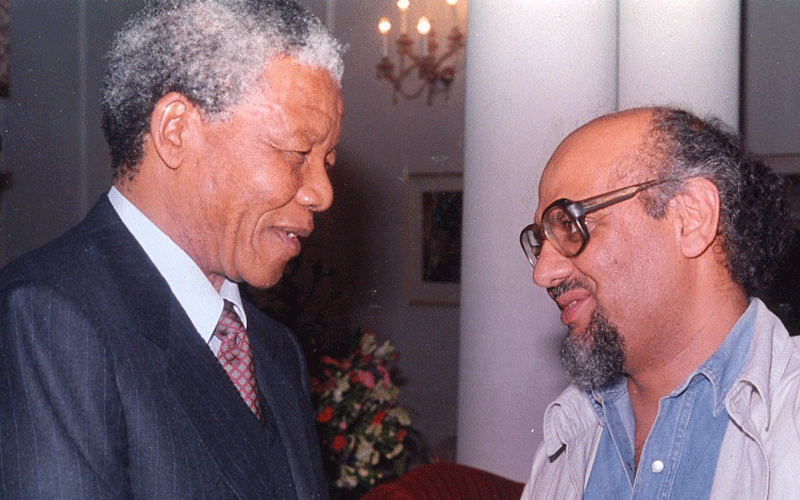
It’s kind of nice to be able to continue with my father’s legacy and hopefully, I will be able to take it to a couple of levels up,” he says.
Siblings
“Another difference between my dad and I is that we lived in different ages, and it affects how we do business,” he says.
Technology was different and Mo was pretty much a monopoly in covering Africa.
Currently, everyone is doing news and it’s not business doing news anymore.
This consequently made the company adapt and change as well as he had to detach the company from his personality.
“The company was so much linked to his name, so we’ve had to reestablish it so that it can still continue even though he isn’t around. I think this is a lesson of how important photojournalism and journalism is.
My dad showed what difference good journalism can make and how we can change the world,” he explains.
Camerapix has presently expanded to A24 and his library is the largest resource of its kind in Africa. With four million still images and 8,000 hours of film and footage, it charts the history of the continent from the 1960s.
There is also a journalism and film school. And so far almost 200 students have graduated from the school and many have become great in their fields.
Although Salim’s sisters are also passionate about this generational gift, they have followed different paths; they are both in the university where one is studying to become a lawyer while the other is pursuing international business and is also passionate about speech therapy and working with children with disability.


